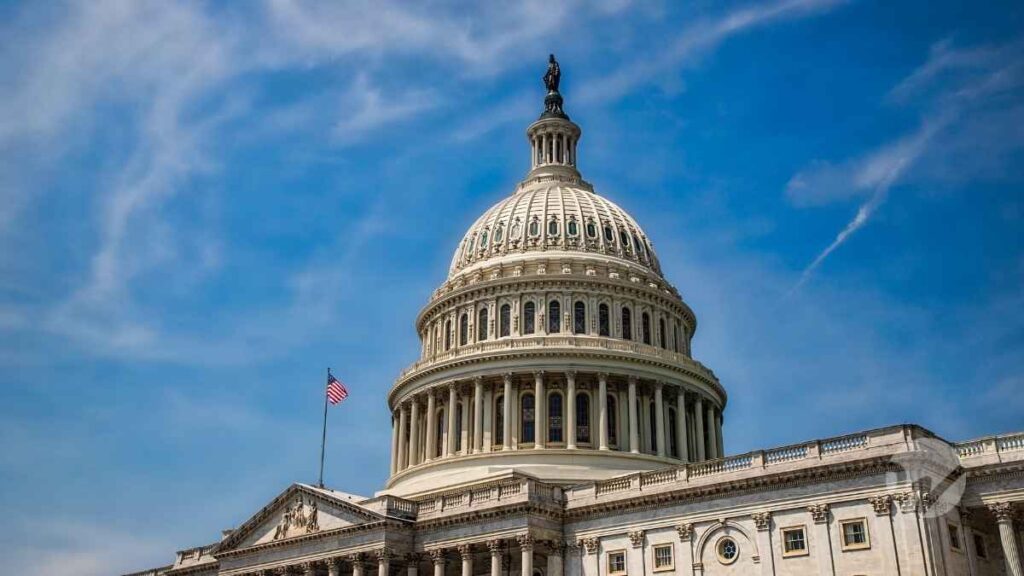On July 4, 2025, President Donald Trump signed the One Big Beautiful Bill Act (OBBBA) into law. The sweeping legislation makes many of the tax cuts from the 2017 Tax Cuts and Jobs Act permanent—and introduces several new provisions aimed at middle-class workers and seniors. Here’s what individuals and families should be aware of.
Which OBBBA Provisions Will Impact Individual Taxpayers?
TCJA Provisions Made Permanent
Lower Tax Rates Made Permanent
The seven tax brackets introduced in 2017—ranging from 10% to 37%—are here to stay. These rates were set to expire after 2025, but OBBBA makes the rates permanent.
Higher Standard Deduction
The standard deduction, which nearly doubled under the 2017 tax law, will remain higher than pre-2018 levels. For 2025, the deduction is:
- $15,750 for single filers
- $23,625 for heads of household
- $31,500 for married couples filing jointly
These amounts will continue to be adjusted for inflation in future years.
No More Personal Exemptions
The personal exemption—suspended under TCJA—has now been permanently eliminated.
Child Tax Credit Enhancements
The child tax credit increases to $2,200 per child beginning in 2025, adjusted annually for inflation. The refundable portion ($1,400) remains intact and also continues to adjust for inflation.
Mortgage Interest Deduction Limits
The deduction cap for mortgage interest remains at $750,000 for acquisition debt, and now includes deductible mortgage insurance premiums.
State and Local Tax (SALT) Deduction Cap
The $10,000 SALT cap technically remains but is temporarily increased to $40,000 through 2029.
Read more about the SALT deduction cap: Tax Bill Provisions Directed at Closely Held and Pass-Through Businesses
Alternative Minimum Tax (AMT) Relief
The expanded AMT exemption amounts and higher income thresholds introduced under TCJA are now permanent.
Repeal of Miscellaneous Itemized Deductions
Deductions for items like unreimbursed work expenses and tax prep fees remain eliminated, with the exception of certain educator expenses.
No Overall Limit on Itemized Deductions (Pease Limitation)
The Pease limitation, which previously reduced deductions for high-income taxpayers, is permanently repealed, but replaced with a new cap (see below).
New (or Changed) Provisions Included in OBBBA
New Deduction for Seniors
Taxpayers age 65 and older can now claim an additional $6,000 deduction (subject to income limits). This deduction phases out starting at $75,000 in income ($150,000 for married couples) and phases out entirely once income exceeds $175,000 ($350,000 joint). This replaces earlier proposals to eliminate taxes on Social Security benefits.
Temporary Breaks for Tip and Overtime Income
Between 2025 and 2028, two new deductions are available:
- Up to $25,000 for reported tip income per tax return
- Up to $12,500 ($25,000 if married filing jointly) for qualified overtime pay
These deductions begin to phase out at $150,000 of income ($300,000 for joint filers).
As of right now, there is no space for overtime wages to be separately identified on the W-2, and it is likely that payroll and reporting systems will need to be updated to satisfy these new requirements. We will continue to update as we receive more guidance on this topic.
Read more about this new provision: New Tax Laws on Tips & OT That May Impact Your Payroll
Expanded Child Tax Credit
The child tax credit increases to $2,200 per child beginning in 2025 and will be adjusted for inflation moving forward. The $1,400 refundable portion also remains in place. Phaseouts continue to apply starting at $200,000 for single filers and $400,000 for married couples.
Changes to Itemized Deductions
A few major updates will affect taxpayers who itemize:
- The $10,000 cap on state and local tax (SALT) deductions increases to $40,000 from 2025 to 2029, then reverts back to $10,000 in 2030.
- The Pease limitation, which reduced deductions for high-income earners, has been permanently repealed but replaced with a new cap. Taxpayers in the highest bracket can now only reduce their tax bill by 35 cents for every dollar of deduction.
- Mortgage interest deduction limits are locked in permanently at $750,000 of acquisition debt. Mortgage insurance premiums now qualify as deductible interest.
- Charitable giving remains deductible, but new limits apply. For non-itemizers, there’s a new “above-the-line” deduction (up to $1,000 single / $2,000 joint). For itemizers, only donations that exceed 0.5% of income count.
Goodbye to Some Deductions
A few deductions are gone for good:
- Personal exemptions will remain at zero.
- Most miscellaneous itemized deductions (like tax prep fees or unreimbursed work expenses) are permanently eliminated except for certain educator expenses.
- Moving expenses remain deductible only for active-duty military members.
Auto Loan Interest Deduction Returns (Temporarily)
From 2025 to 2028, individuals can deduct up to $10,000 in interest paid on car loans if the vehicle was assembled in the U.S. This deduction phases out starting at $100,000 of income ($200,000 if married filing jointly).
Estate Tax Changes for High Net Worth Families
The federal estate and gift tax exemption rises to $15 million per person in 2026, adjusted annually for inflation. Without this change, the exemption would have dropped by roughly half under pre-OBBBA law.
Start Planning Today
Whether you’re a wage earner, retiree, parent, or investor, the OBBBA brings significant changes that could affect your tax bill in the years ahead. While many provisions offer continued or expanded relief, others (like charitable giving caps and reduced deductions) may require a closer look during year-end planning.
The Wegner CPAs Tax Advisors are here to help you understand what’s changed, what’s permanent, and what’s time-sensitive. Reach out today to assess how the new law affects your personal tax situation, and let us help you put a proactive strategy in place. Stay tuned for continued updates and insights as implementation unfolds.


